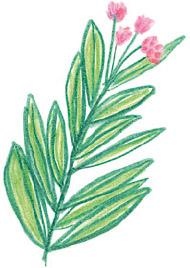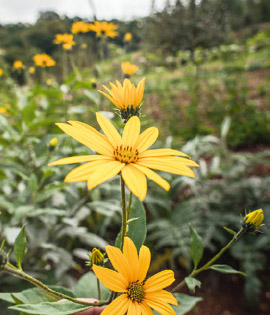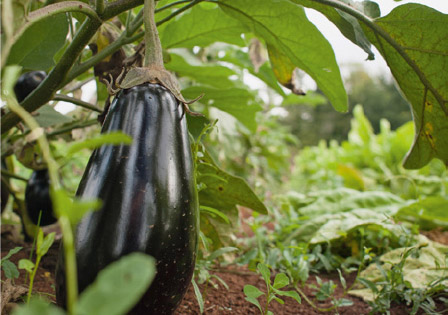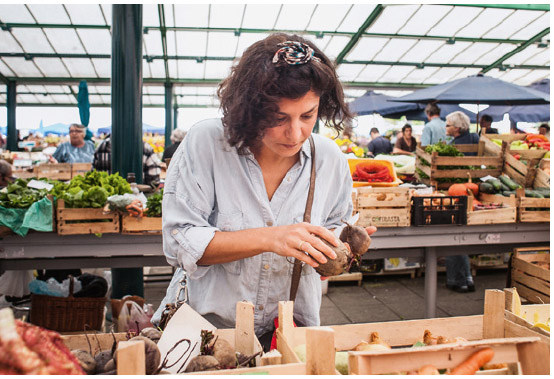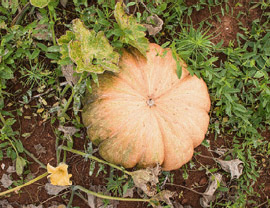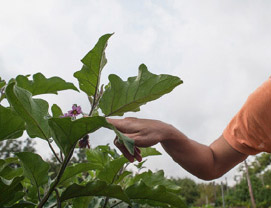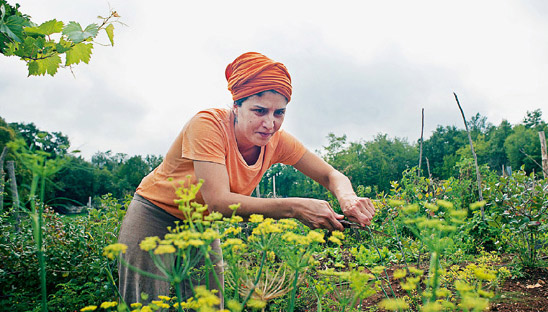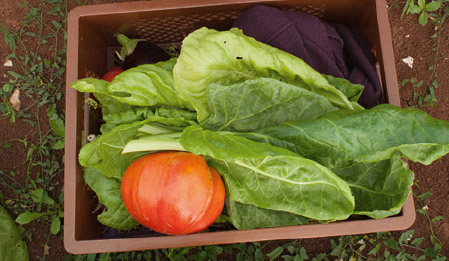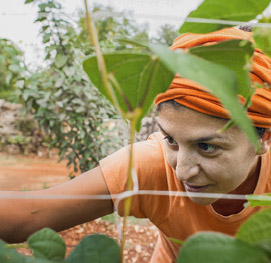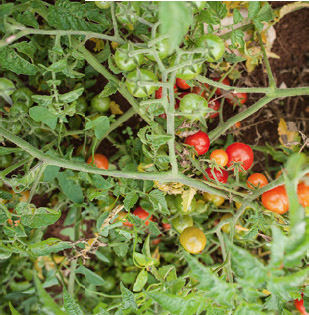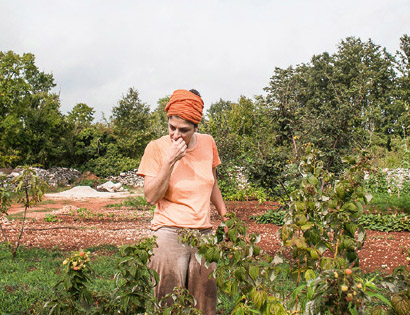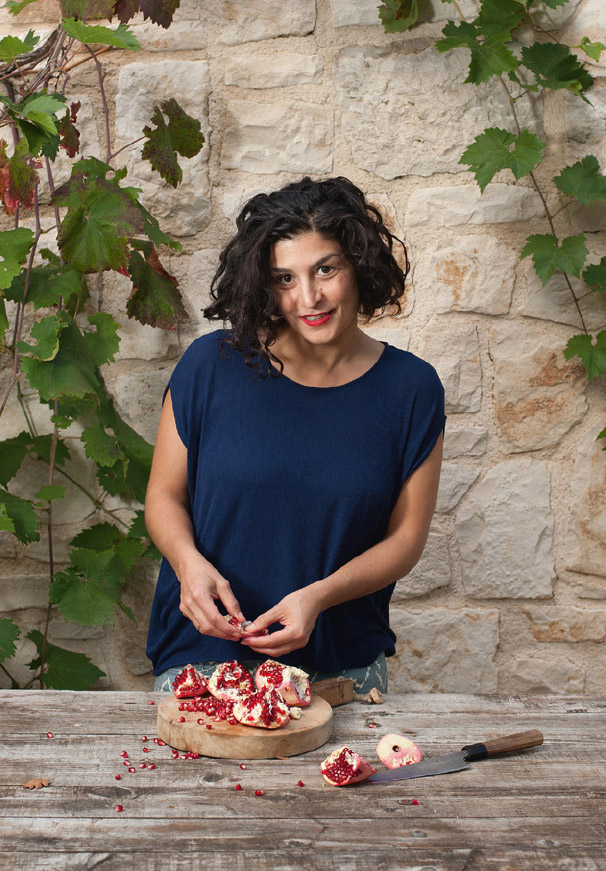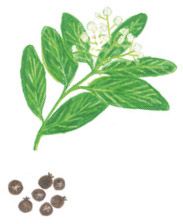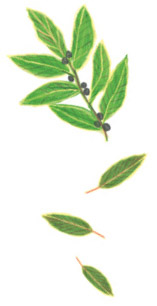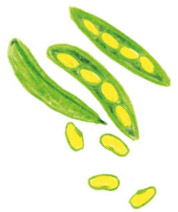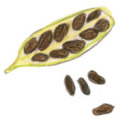Pagebreaks of the print version

VEGAN RECIPES FROM THE MIDDLE EAST
PARVIN RAZAVI GRUB STREET | LONDON
FOREWORD
For me, cooking and eating are important social activities because they cut across boundaries, connect people to one another and are a lot of fun! I am delighted to be able to share my joy of cooking with you. The recipes I have created are often very simple, many can be prepared in under half an hour, leaving lots of time to enjoy them! Being responsible stewards of our resources and using ecological and organic ingredients are very important to me. I particularly value the fact that in each of my creations, the individual components can be tasted and that the ingredients are cooked gently, so that our daily food provides us with energy and does not stress our bodies. In terms of soya products, I have used only soya yogurt for various dips, which can be replaced by any other vegetable-based yogurt, if preferred. Middle Eastern cuisine is fresh and varied. Apart from the well-known classics, it also offers a whole range of tasty surprises.
It is not unusual for up to 10 dishes to be prepared for one meal, known in the Middle East as mezze. Classic courses such as starters and main courses do not exist; it is more common for everything to be served together. In following this principle, I found it natural to embrace various Middle Eastern eating cultures and to combine them with contemporary approaches. This is what I love about cooking: inviting guests to sit down at a large table to experience the diversity of different cultures. Yours, Parvin
THE CHEF
Parvin Razavi was born in Iran and spent her early years near the Caspian Sea and in Teheran until her family emigrated to Austria. Influenced by her extended Middle Eastern family, she was always fascinated by smells and scents, and began experimenting in the kitchen at an early age.
Her culinary talent was appreciated for many years amongst her friends and she began to develop a career out of her great passion, encouraged by these many positive experiences. From this time, she started writing her own, very successful, food blog thx4cooking and took up a position as an editor at Biorama, a magazine promoting a sustainable lifestyle. She offers her cooking services in the form of private catering commissions, and is involved with issues concerning sensible and sustainable nutrition.
GLOSSARY
Bot. : Pimenta officinalis Fam. Bot. : Berberis Fam. : Berberidaceae Arabic : barbaris Farsi : zereshk Turkish : kardin tuzlugu The berries are dried and are used in Persian cuisine to enhance dishes. : Berberidaceae Arabic : barbaris Farsi : zereshk Turkish : kardin tuzlugu The berries are dried and are used in Persian cuisine to enhance dishes.
They have a fruity, slightly tart taste.
Bot. : Laurus nobilis Fam. : Lauraceae Arabic : warak al gar Greek : thaphne Farsi : barg-e-bo Turkish : dafne yapregi Bay leaves are used in Greek, Turkish and Cypriot cuisines to season stews and marinades. Bot. : Leguminosae Arabic : lubyi msallat Greek : fassoulia mavromatica Black-eyed beans come from the cowpea family and are originally from central Africa. : Leguminosae Arabic : lubyi msallat Greek : fassoulia mavromatica Black-eyed beans come from the cowpea family and are originally from central Africa.
Black-eyed beans have a pleasant, slightly sweet taste and cook more quickly than other dried beans.
Bot. : Vicia faba Fam. : Leguminosae Arabic : ful nabed Farsi : baghali Greek : koukia Turkish : fava Used fresh in Greek, Cypriot, Turkish and Arabic cuisine. Young beans are often cooked whole in their pods, however ripe beans are cooked after shelling. In Iranian cuisine, the skin of the beans is removed.
Frozen broad beans are available year-round in Iranian shops. Arabic : burghul, bulkar Greek : pourgouri Turkish : bulgar Husked wheat, steamed and toasted, then dried and milled. Bulgur is available in fine and coarse varieties, has a slightly nutty taste and is very popular in Middle Eastern cuisine. Widely available in supermarkets.
Bot. : Zingiberceae Arabic : hell, hail Farsi : hell Greek : Kardamo Turkish : Kakule tohamu An important spice in the Gulf States and in Persian cuisine. : Zingiberceae Arabic : hell, hail Farsi : hell Greek : Kardamo Turkish : Kakule tohamu An important spice in the Gulf States and in Persian cuisine.
Available as pods, seeds or ground. If ground cardamom is called for, it is often better to grind fresh pods with a mortar and pestle. Cardamom is an essential ingredient in Arabic coffee. Bot. : Cicer arietinium Fam. : Fabaceae Arabic : hummus Armenian : siser-noghud Greek : revithia Farsi : nokhod Turkish : nohut Very well-known and used by the ancient peoples of Persia, Egypt and Greece.

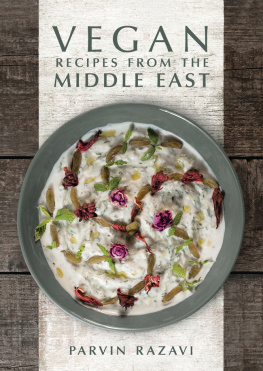
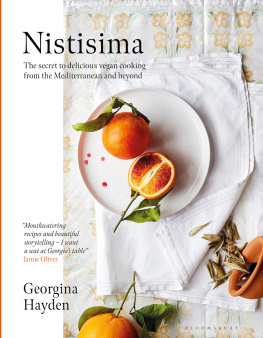
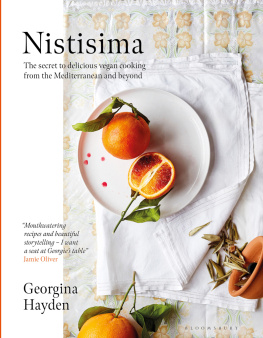
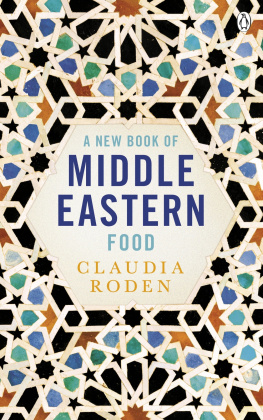
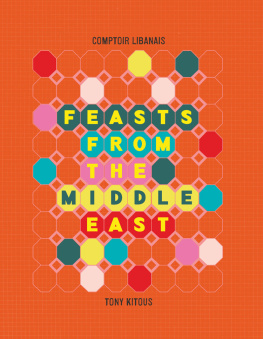
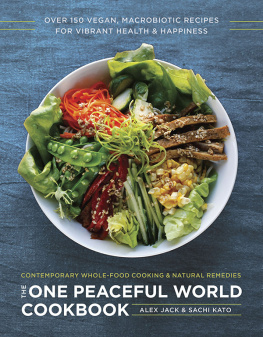
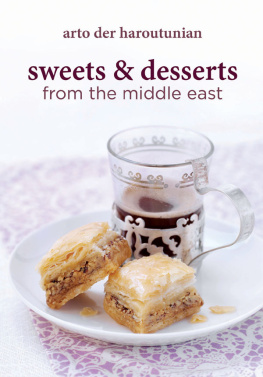
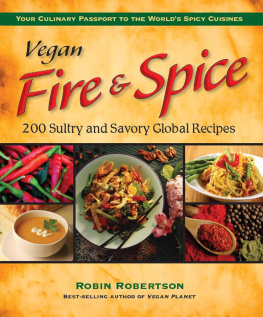

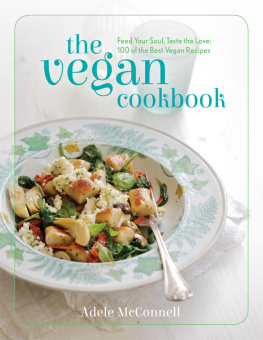
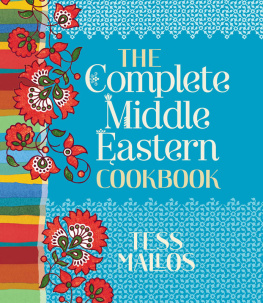
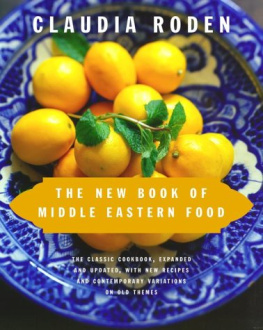

 VEGAN RECIPES FROM THE MIDDLE EAST
VEGAN RECIPES FROM THE MIDDLE EAST 
